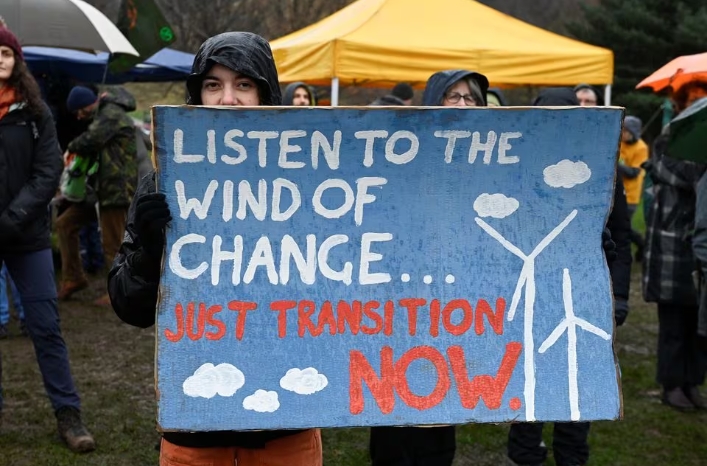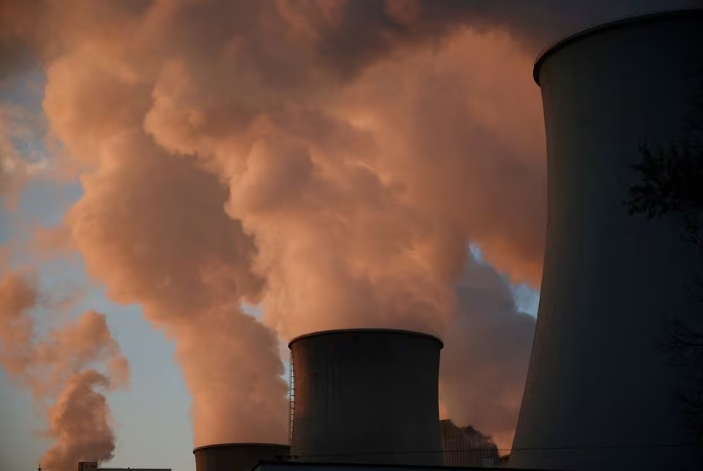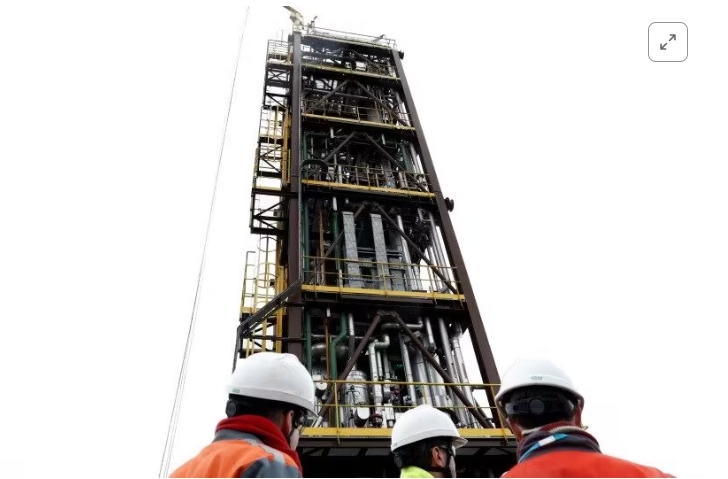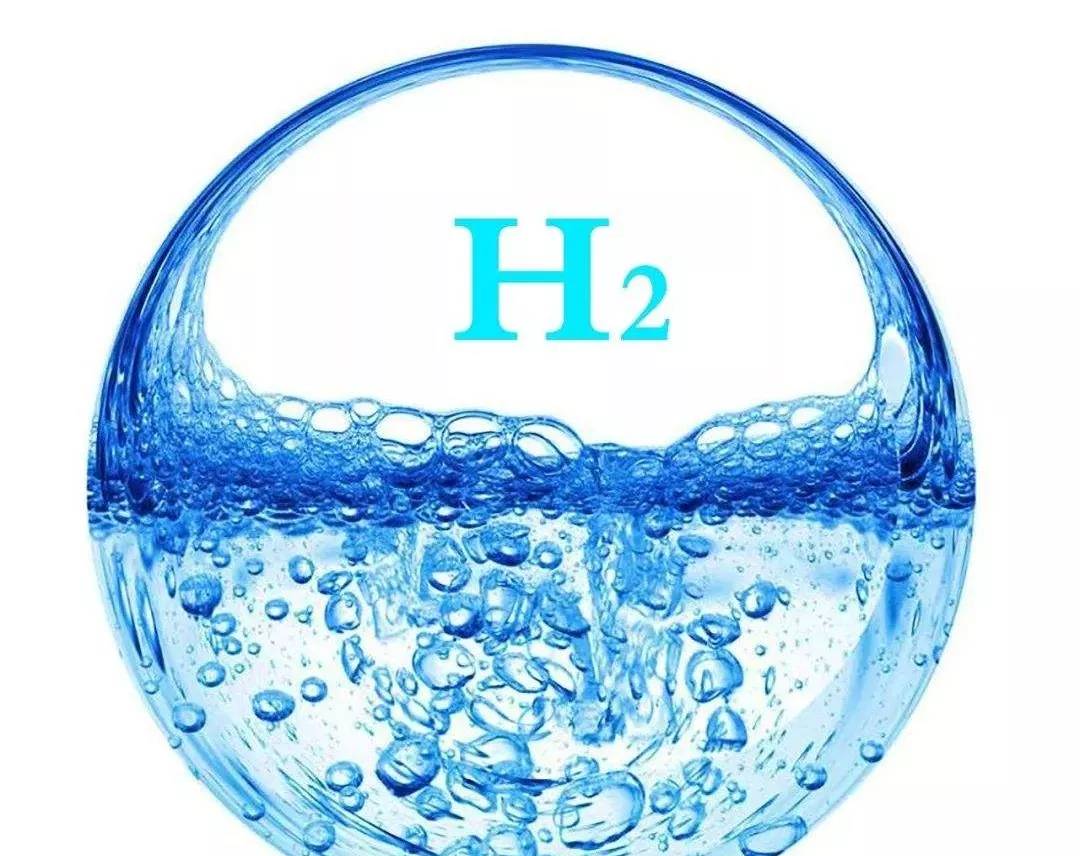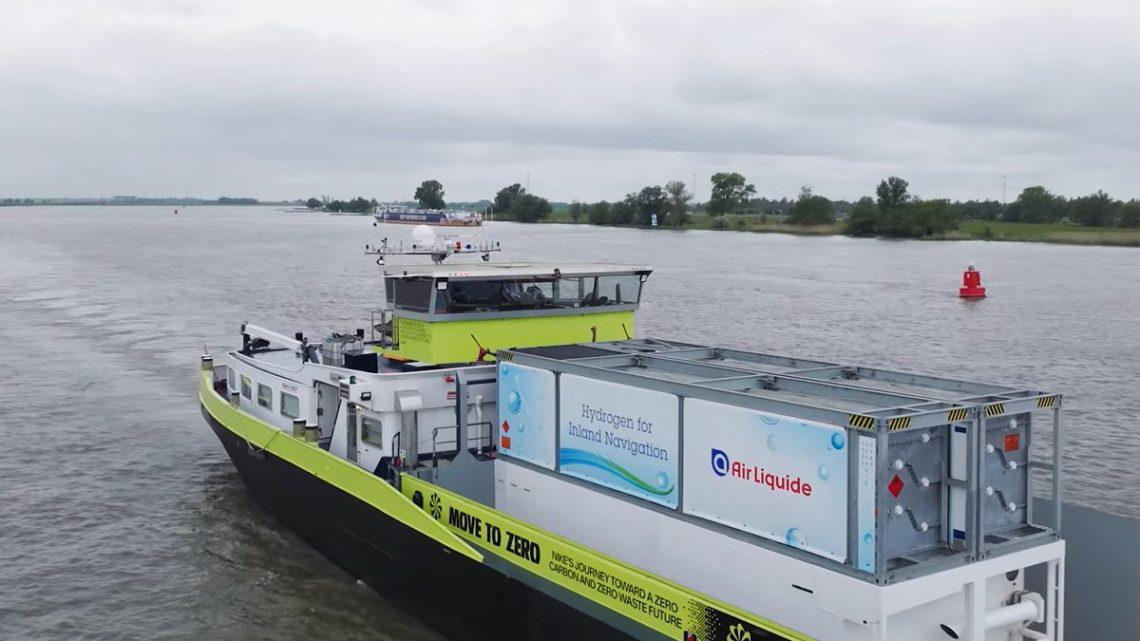China's overall coal imports increased in July from a month earlier, which was partially a result of cargoes booked in previous months being cleared in July.
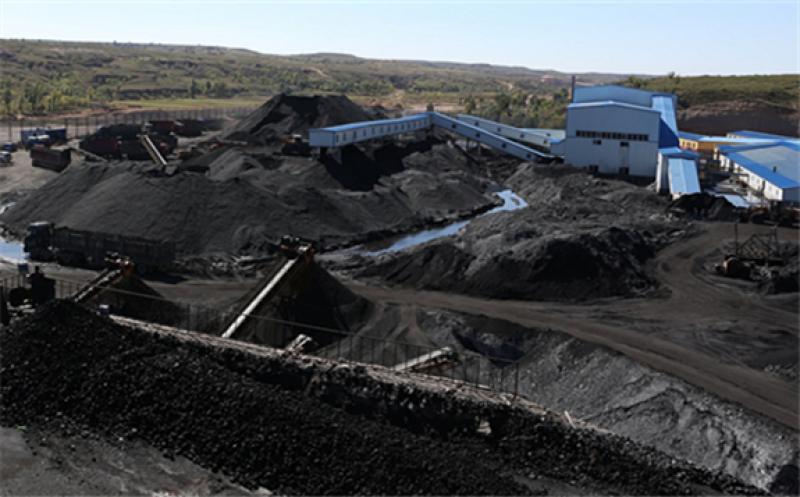
Imports, comprising anthracite, coking coal and thermal coal, were 26.1mn t last month, preliminary customs data show. This was up by 3.2pc from 25.29mn t in June when China started to crack down on Australian coal shipments amid political tensions between the two governments.
The July imports were down by 20.6pc from 32.89mn t in July 2019. Imports in July are typically higher because of peak summer demand for power but shipments last month were depressed by the tightening import curbs.
January-July imports totalled 200.09mn t, up by 6.8pc on a year earlier and 99.58mn t short of 2019 total imports.
Coal import quotas have been running low at a few Chinese ports. But delayed clearing starting earlier this year, especially for Australian coal, is likely to have allowed cargoes booked a few months earlier through Chinese ports. This means that cargoes booked in the previous few months and cleared last month were included in July import data.
Lower import coal prices could also have encouraged Chinese buyers to take the risk and book July-delivery cargoes, contributing to the month-on-month rise. Prices of NAR 5,500 kcal/kg coal, the most liquid thermal coal Australia sells to China, were about 150-215 yuan/t lower compared with domestic supplies of the same calorific value in mid-May/early July, accounting for freight rates, port charges and China's value-added tax.
Prices of Indonesian coal were also driven lower because of weaker demand from China. Prices of NAR 3,800 kcal/kg coal saw straight week-on-week falls from $29.29-23.41/t during 29 May-10 July.
Chinese buyers have slowed placing fresh orders in the recent weeks as quotas are exhausted at more ports. Shanghai municipality in east China has warned local utilities of limited quotas being available for the rest of this year. This is also further slowing clearing for imported cargoes.
Shipments from Australia's Newcastle in July, including the NCIG terminal, to China fell markedly and were at their lowest level since September 2018. The cargoes are expected to be cleared at Chinese ports in the next two or three months.
